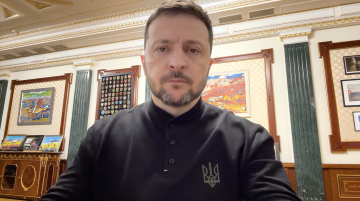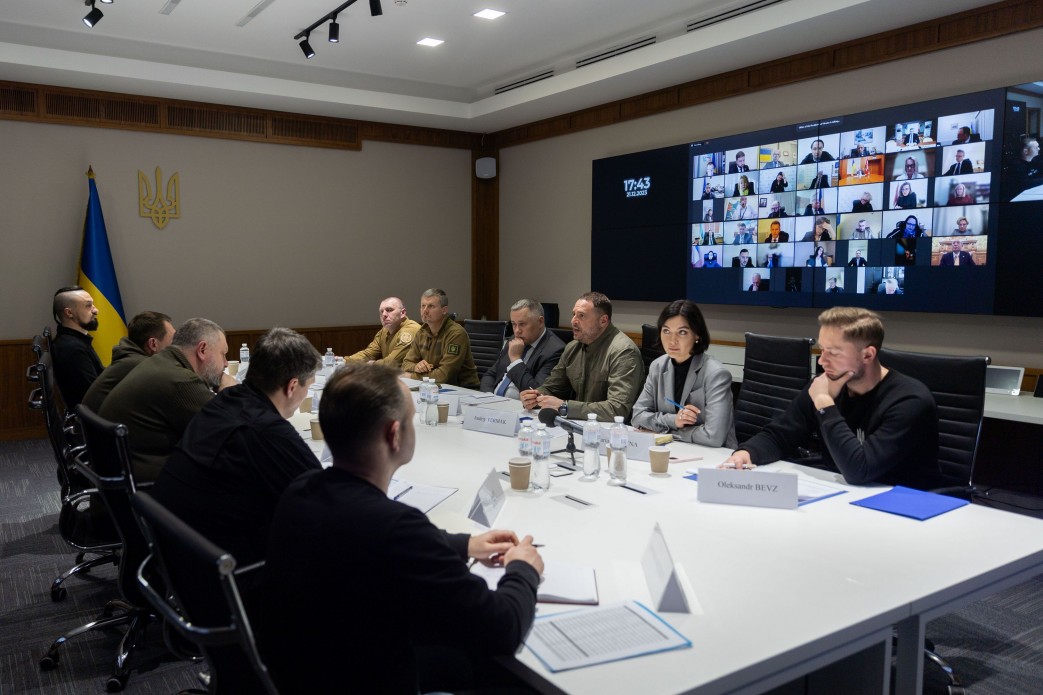Pursuant to the instruction of President of Ukraine Volodymyr Zelenskyy, Head of the Office of the President Andriy Yermak held a video conference meeting with ambassadors and heads of diplomatic missions on the status of implementing the agreements on providing Ukraine with security commitments based on the Joint Declaration of the Group of Seven leaders and Ukraine adopted in Vilnius on July 12.
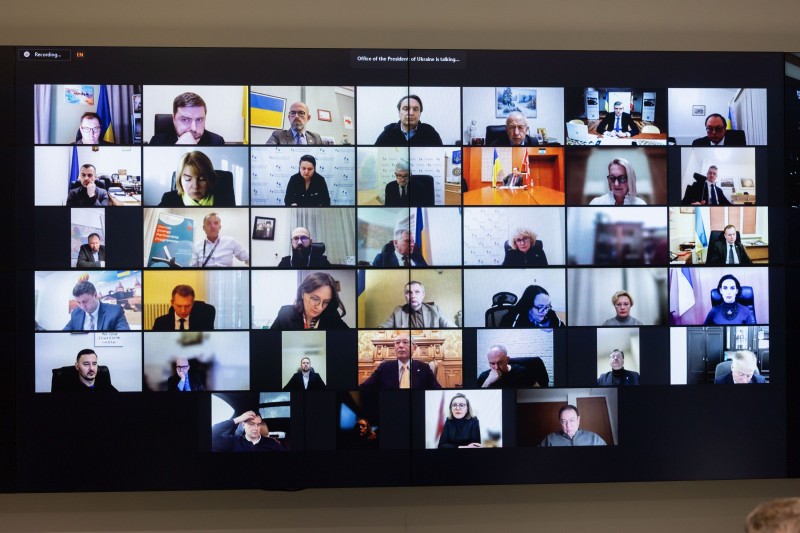
Representatives of diplomatic institutions from the USA, Canada, France, Germany, Italy, Japan, the United Kingdom, Albania, Belgium, Luxembourg, Bulgaria, Greece, Denmark, Estonia, Ireland, Spain, Cyprus, Latvia, Lithuania, the Netherlands, Norway, North Macedonia, Portugal, Romania, Slovenia, Finland, the Czech Republic, Montenegro, Sweden, Poland, Slovakia, Türkiye, and the European Union participated in the meeting.
The event was also attended by Deputy Heads of the Presidential Office Ihor Zhovkva and Roman Mashovets, Minister of Defense Rustem Umerov, Minister for Strategic Industries Oleksandr Kamyshin, Head of the Security Service Vasyl Malyuk, Head of the Foreign Intelligence Service Oleksandr Lytvynenko, Deputy Minister of Foreign Affairs Mykola Tochytskyi, and advisors to the Head of the Presidential Office Daria Zarivna and Oleksandr Bevz.
Andriy Yermak emphasized that 31 states have joined the Joint Declaration. In particular, bilateral consultations on agreements on providing Ukraine with security commitments have begun with all the G7 countries, the Netherlands and the European Union. The Head of the President's Office noted that France, Italy, Germany and the United Kingdom had submitted drafts of the relevant agreements. In addition, according to Andriy Yermak, 15 states have expressed their readiness to start consultations on concluding bilateral agreements on providing Ukraine with security commitments.
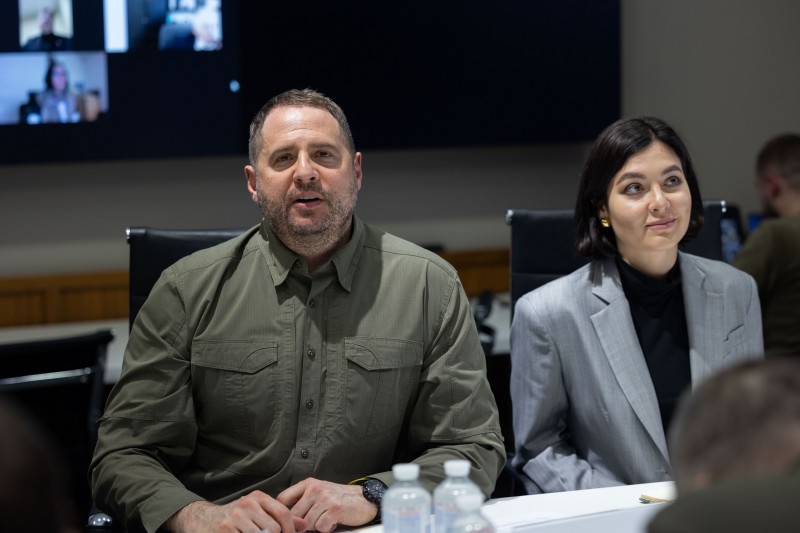
Andriy Yermak said that out of 27 EU countries, only six (Austria, Croatia, Malta, Poland, Slovakia, and Hungary) have not yet joined the Joint Declaration. Also, 5 out of 31 NATO member states have not yet joined the declaration: Türkiye, Poland, Slovakia, Hungary and Croatia. Andriy Yermak called for encouraging these states to accede to this important document.
"The Vilnius Declaration envisages not only bilateral agreements. There is also a possibility of concluding multilateral agreements on security commitments. One of the promising areas could be security in the Black Sea," he said.
The Head of the President's Office noted that Ukraine is ready to move from consultations to bilateral negotiations with countries on concluding agreements on security commitments. Andriy Yermak emphasized the importance of legally binding nature and further ratification of the relevant agreements.
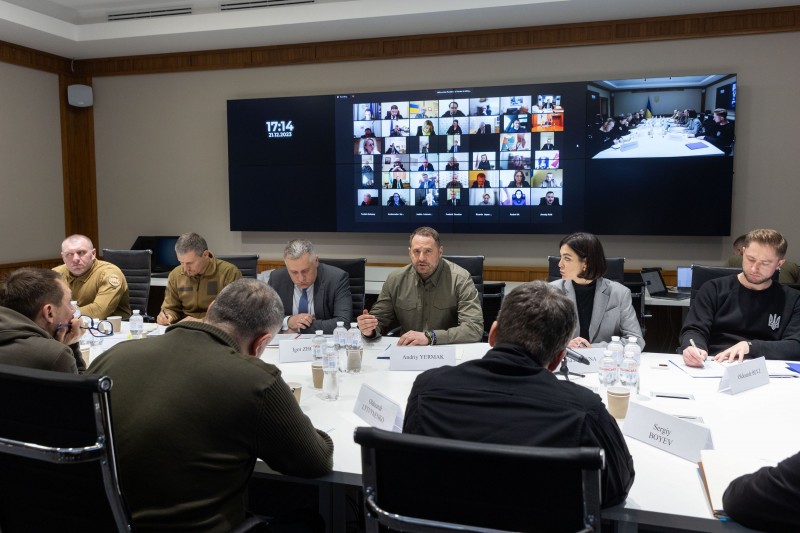
Deputy Head of the President's Office Ihor Zhovkva noted that consultations on bilateral talks on security commitments have already gone beyond the G7, and more and more countries are confirming their readiness to start relevant consultations with Ukraine.
"If 31 countries, including Ukraine, are signatories to our Joint Declaration, it is logical that over time all these countries will begin negotiations," he emphasized.
Ihor Zhovkva emphasized that during the consultations Ukraine insists on the need to conclude legally binding agreements on security commitments to our country, as we do not need another Budapest Memorandum.
"We are currently working on the military component of security commitments. This section should be written out in the most thorough manner. This was emphasized by the President of Ukraine during the recent end-of-year press conference," he said.
Also, according to Ihor Zhovkva, the document on security commitments should provide for effective sanctions, including preventive ones, against the aggressor.
"We see how effective sanctions can be. At the same time, we see that the current sanctions are not enough. We see how difficult the EU sanctions packages are to pass, but they continue to be adopted. I am grateful to all our partners in the European Union for the adoption of the 12th sanctions package. But Ukraine immediately calls for starting the work on the 13th sanctions package," he said.
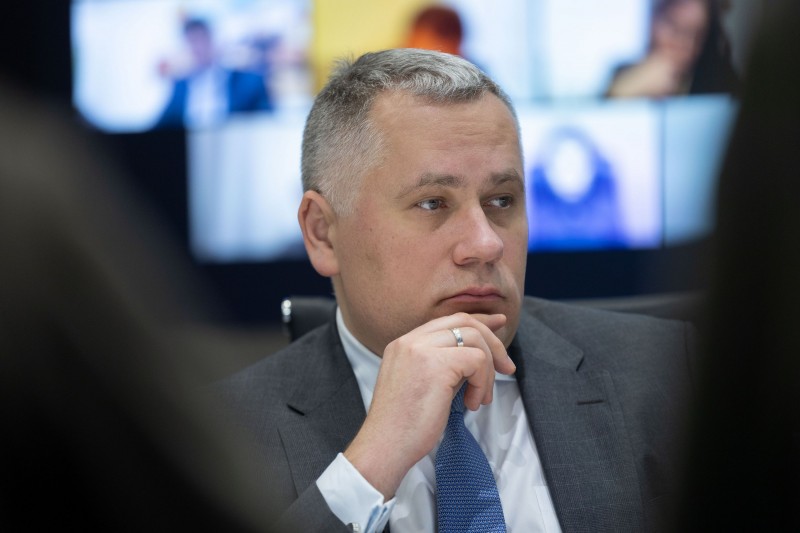
Also, according to the Deputy Head of the Presidential Office, bilateral security agreements should provide for a clear mechanism of partners' response in the event of intensified Russian aggression or repeated aggression after Ukraine's victory. This mechanism should be coordinated among all major signatories to bilateral agreements on security commitments.
Ihor Zhovkva also emphasized the importance of signing the relevant bilateral agreements at the level of the heads of state.
Minister of Defense Rustem Umerov emphasized the importance of the components of security agreements related to further building up the capabilities of the Ukrainian Defense Forces, intensifying military-technical cooperation and developing military-industrial complex. Rustem Umerov emphasized that the Ministry of Defense is working on a strategy for the future of the Ukrainian Defense Forces and called on partners to join its implementation.
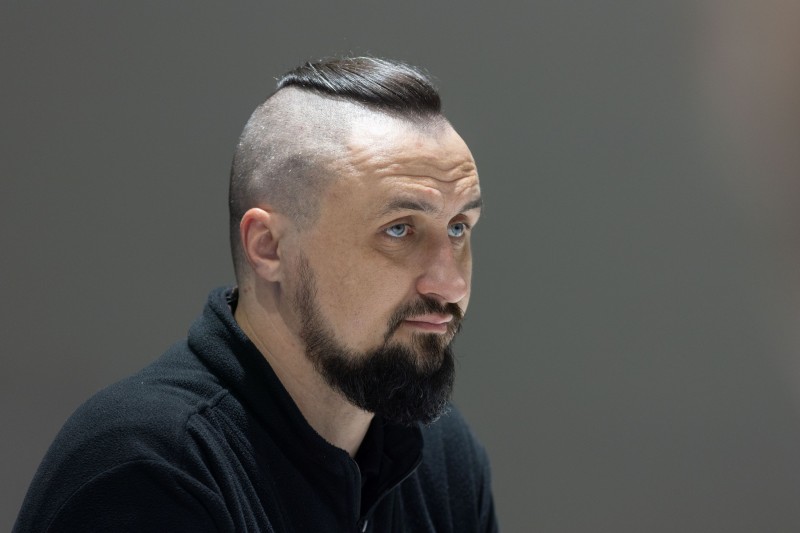
Andriy Yermak noted that provisions on joint defense production will be an extremely important part of the bilateral agreements.
Minister for Strategic Industries of Ukraine Oleksandr Kamyshin said that his ministry proposes to include five points in the structure of bilateral documents: stimulating investment by partner countries in sustainment and production of military equipment in Ukraine during the war; ensuring access of Ukrainian defense industry enterprises to supply chains of critical materials and components for weapons production; deepening integration of the Ukrainian defense industry with the military-industrial complexes of partner countries; ensuring exchange of technologies and localization of production; providing financing for the procurement of weapons and military equipment for defense needs during the war.
Deputy Head of the Presidential Office Roman Mashovets emphasized the importance of elaborating practical mechanisms to implement the provisions of the Joint Declaration in terms of ensuring reliable Defense Forces capable of defending Ukraine now and deterring Russian aggression in the future.
Deputy Minister of Foreign Affairs Mykola Tochytskyi highlighted the importance of issues concerning the protection of information, investments, intellectual property, and overall physical security. According to him, in the matter of security commitments, it is important not to limit the scope to just political requirements.
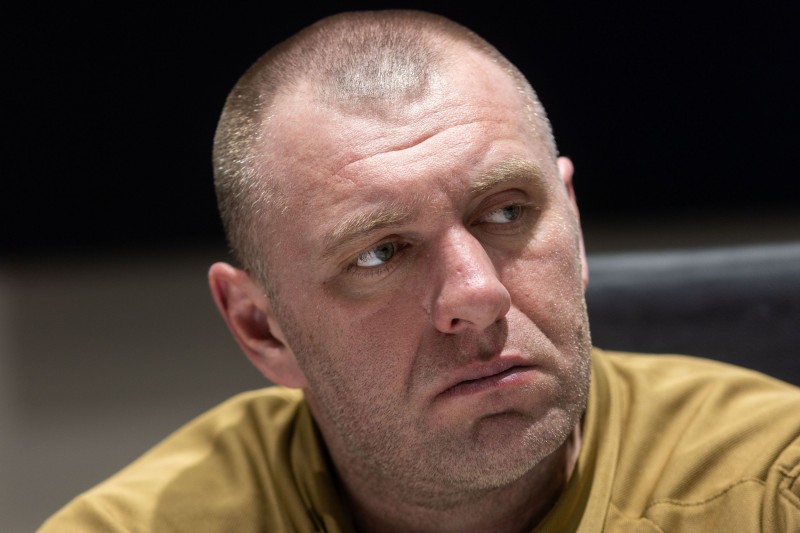
Head of the Foreign Intelligence Service Oleksandr Lytvynenko emphasized that an important component of the documents regarding security commitments should be countering hybrid threats. According to him, these issues include cybersecurity, information security, and collaboration with the intelligence services of partner countries.
Head of the Security Service of Ukraine Vasyl Malyuk emphasized the importance of taking into account information security and cyber defense.
The Head of the President's Office thanked the partner states for the important defense assistance Ukraine receives.
"We will never forget this. We always remember this. You are friends who stand with Ukraine today. This is highly valuable to us. We are grateful to you for the willingness to continue this difficult work on security commitments," he said.
Andriy Yermak emphasized the importance of reflecting information security issues, including cybersecurity and countering disinformation, in the drafts of the relevant agreements.
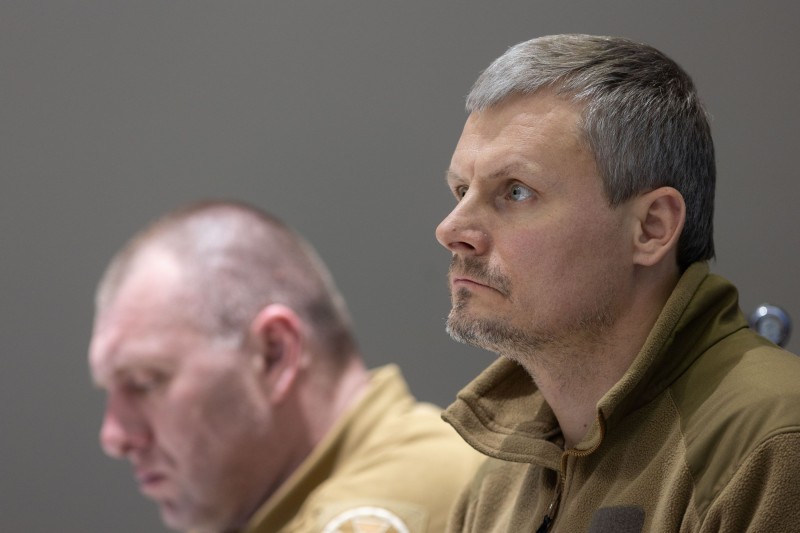
The Head of the President's Office thanked the ambassadors of the partner countries for the important dialogue during the consultations on the relevant agreements. He called on the representatives of the Ukrainian diplomatic corps to be more actively involved in this work.
Andriy Yermak noted that following the meeting, President Volodymyr Zelenskyy would be provided with up-to-date information on the status of implementation of the Joint Declaration and the course of consultations with partner countries on providing Ukraine with security commitments.
"We will propose to the President of Ukraine to form a delegation for conducting negotiations on bilateral and multilateral agreements regarding security commitments. Also, together with you, we will develop a plan for further expanding the circle of guarantor countries, conducting negotiations, and concluding the respective security agreements," summarized the Head of the President's Office.


